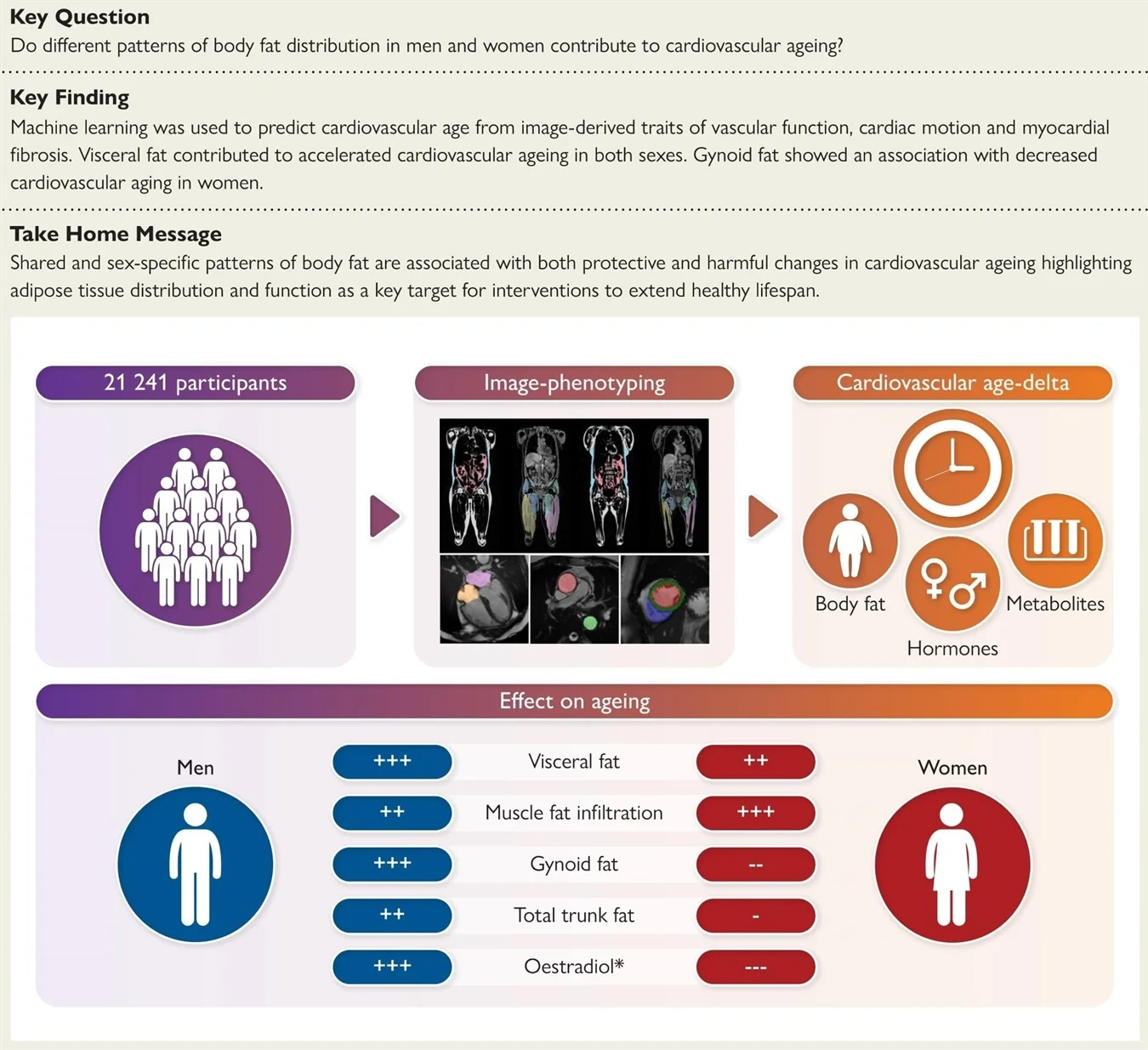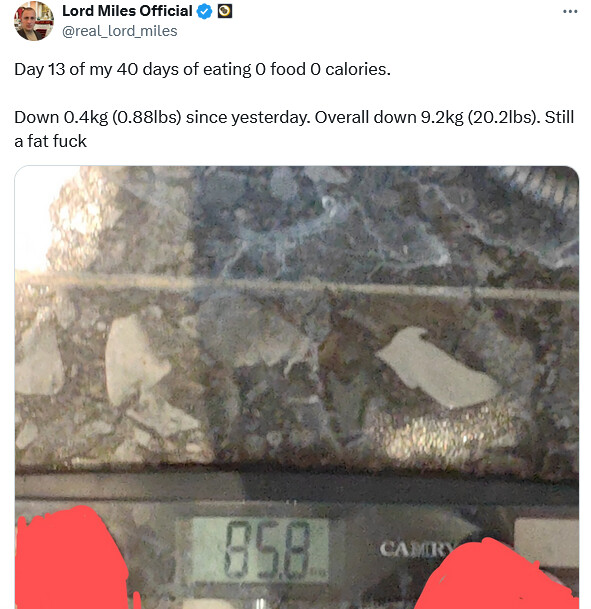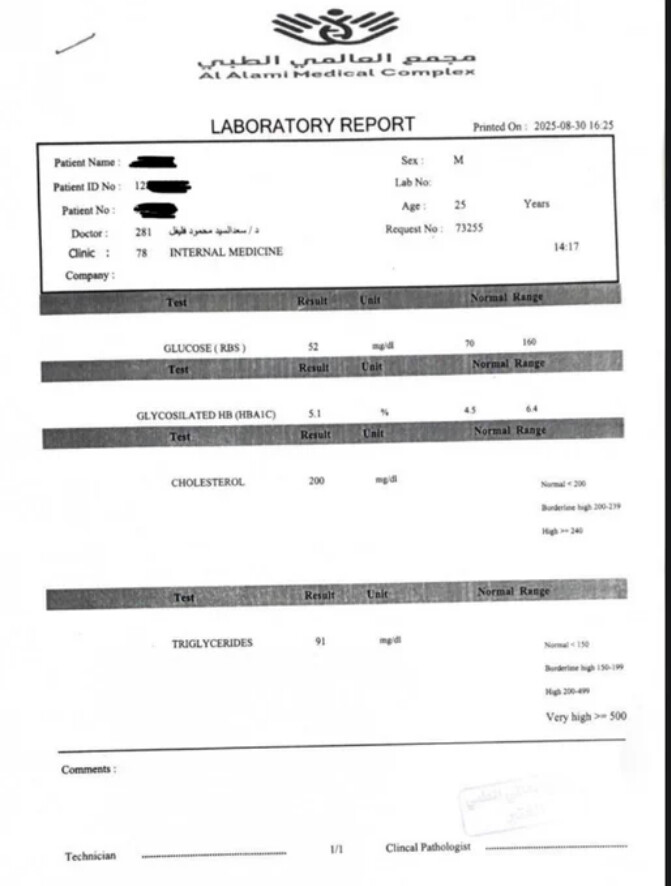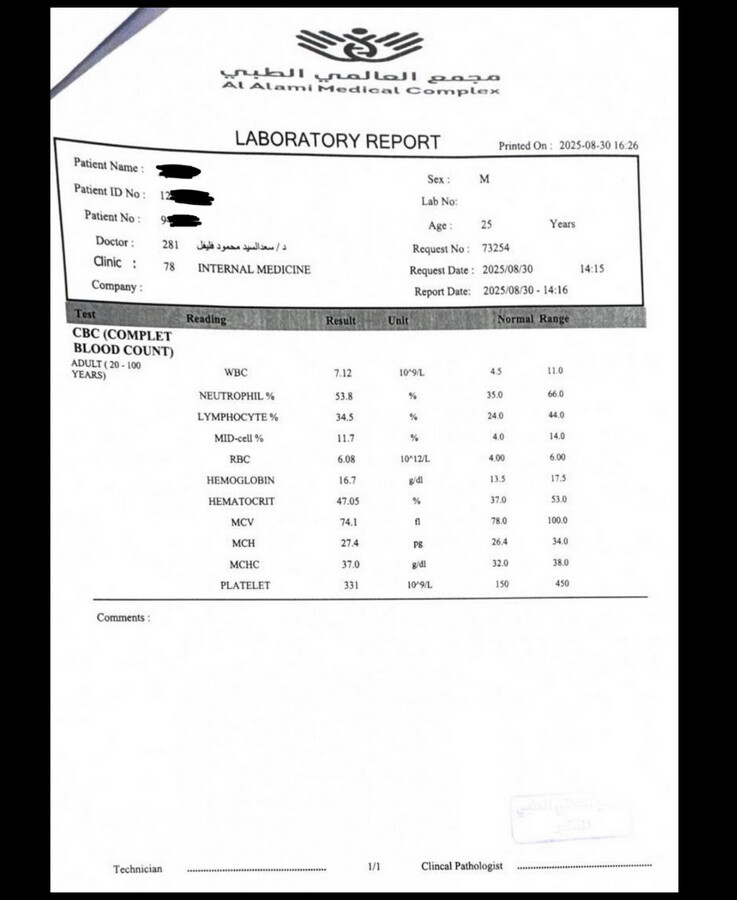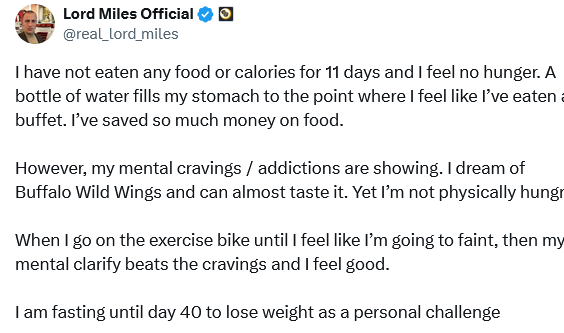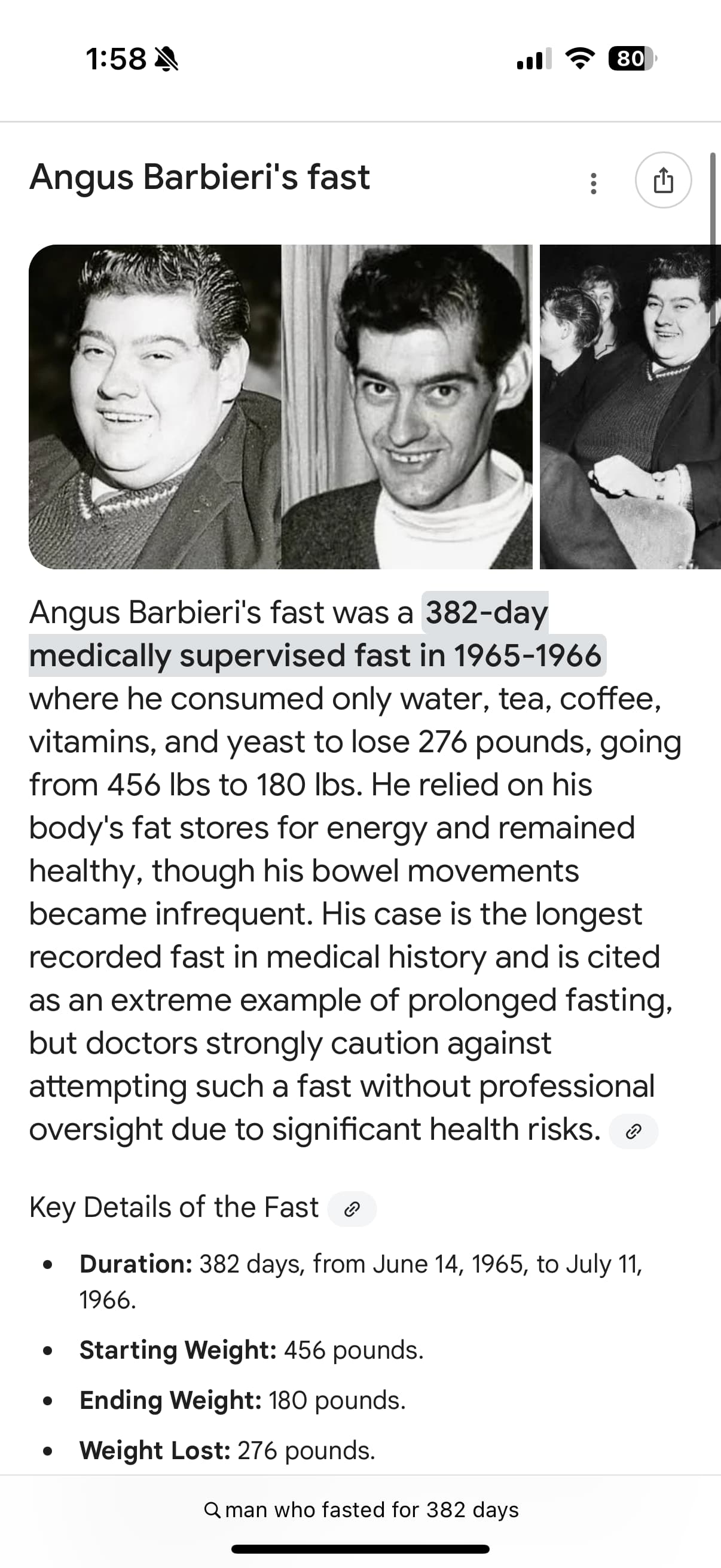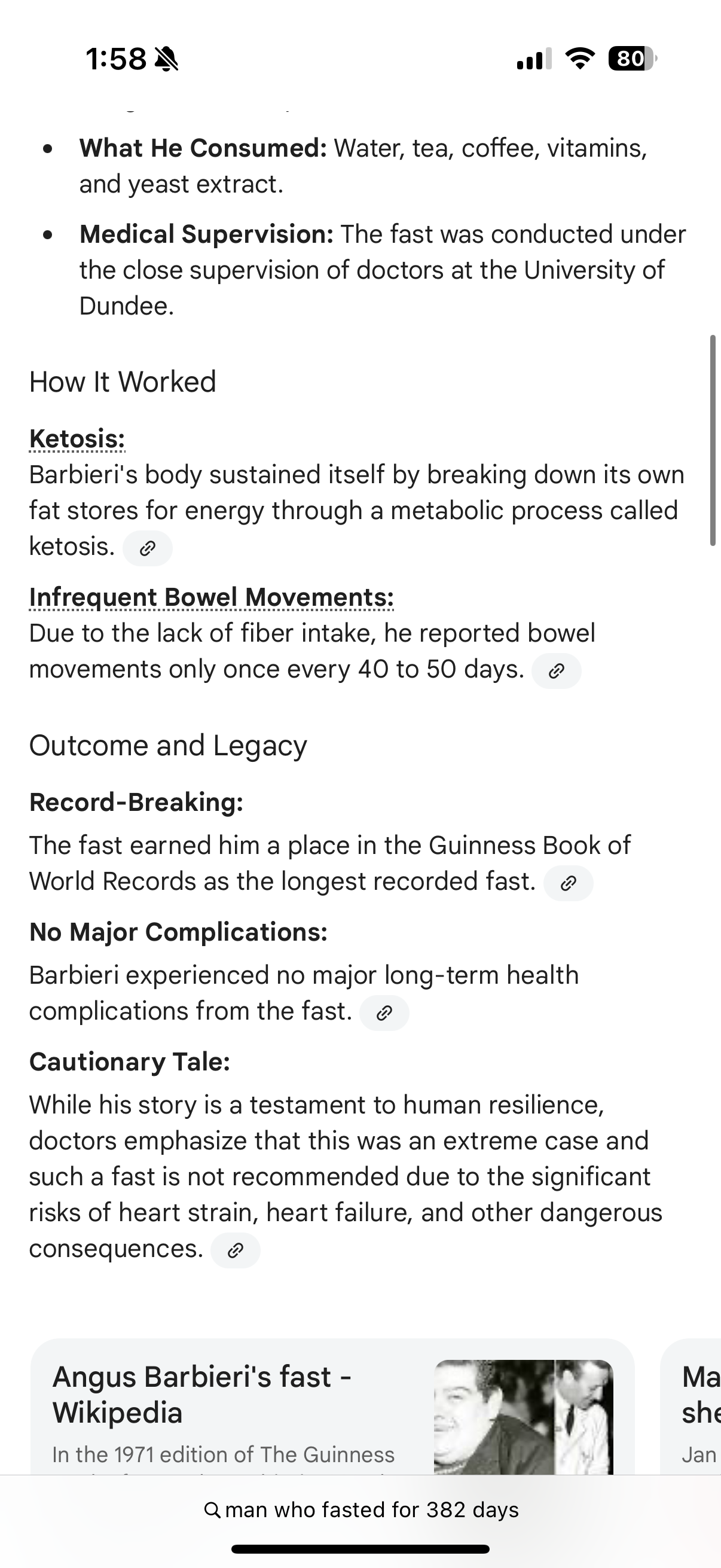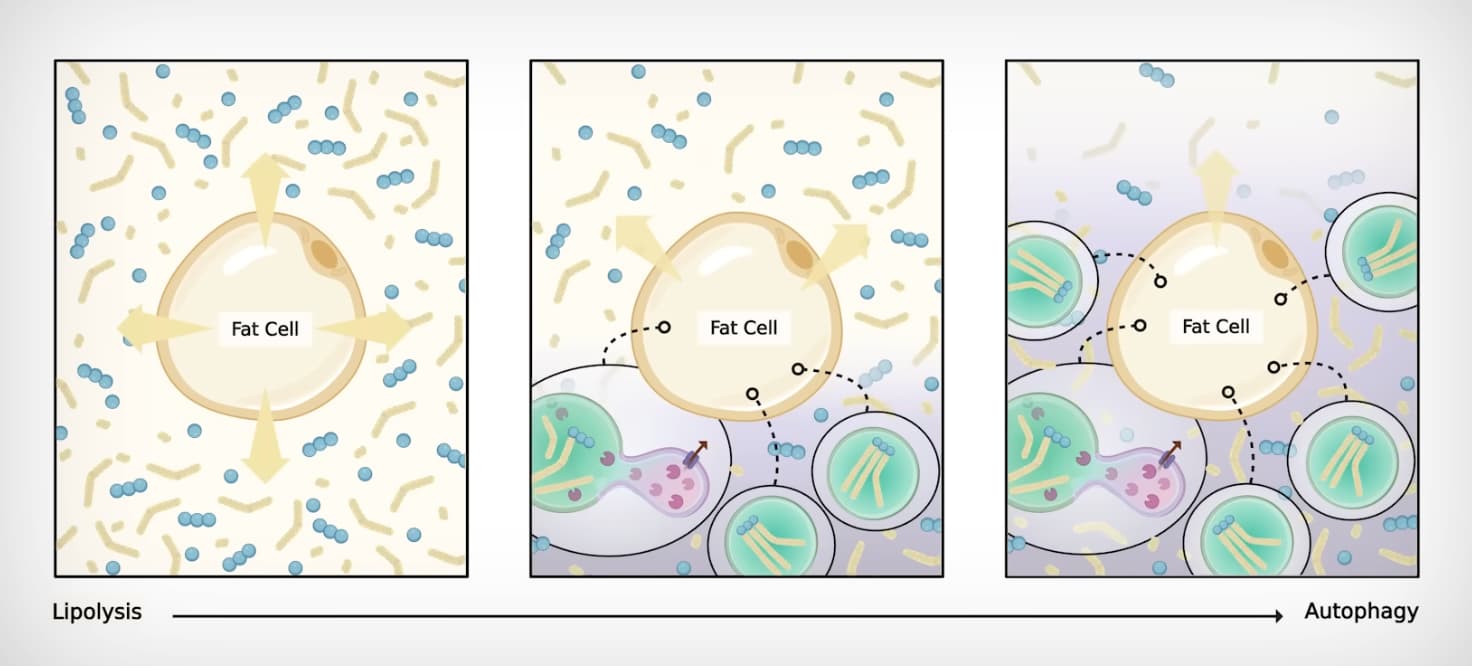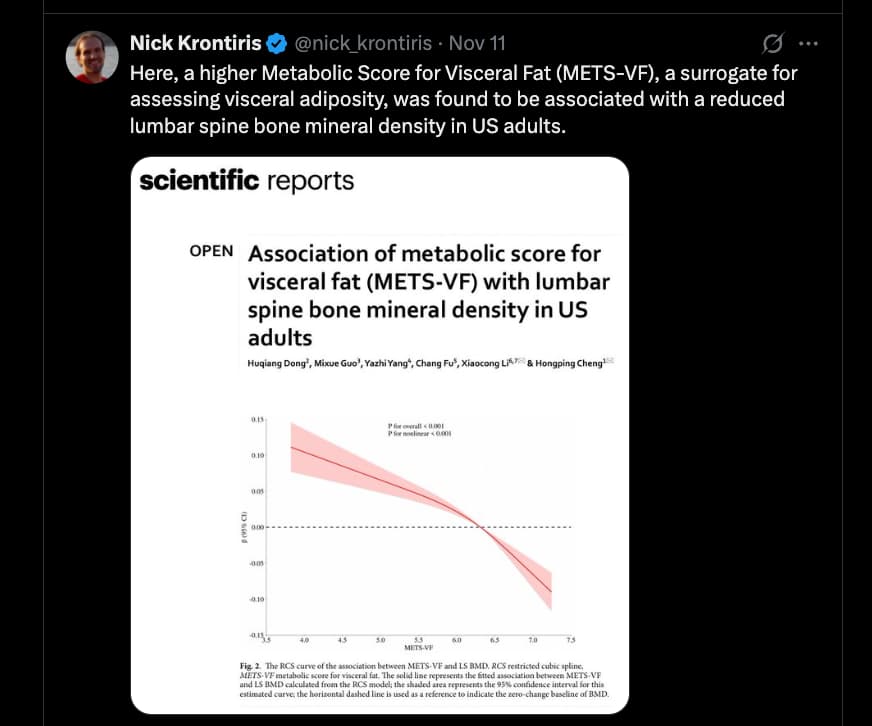This video and paper make me wonder if we could use fasting combined with higher doses of rapamycin to accelerate our visceral fat reductions we are targeting… What are your thoughts?
This Odd Fasting Method Shreds Visceral Fat More than Healthy Diets!
AI SUMMARY
Understanding Visceral Fat
- Visceral fat is a type of fat that accumulates around vital organs such as the kidneys, liver, and heart.
- This type of fat is associated with several health risks, including type 2 diabetes and coronary artery disease.
- Research has shown that higher levels of visceral fat increase the risk of these diseases, making its reduction important for overall health.
- The discussion acknowledges that visceral fat’s harmful effects on health are extensive and will be explored in future content.
Fasting Protocols in Research
- Researchers aimed to investigate the effects of an unconventional fasting method on visceral fat reduction.
- Participants were randomly assigned to either a fasting protocol or a healthy nutrition plan, with details on both protocols to be explained later.
- The fasting protocol involved a 36-hour fast, which included a unique aspect known as a protein pacing period.
Details of the Fasting Protocol
- During the 36-hour fasting period, participants consumed a single 400-calorie snack rich in antioxidants and adaptogens.
- The protein pacing period involved consuming four to five meals daily that were evenly spaced and included protein in each meal.
- The meal structure included a protein shake with fruit and vegetables for breakfast, a protein shake for lunch, a 200-calorie snack for men, a whole food dinner, and an evening protein snack.
- On non-fasting days, women consumed around 1,350 calories and men around 1,700 calories, with a macronutrient breakdown of 35% protein, 35% carbohydrates, and 30% dietary fat.
- In contrast, the heart-healthy comparison diet provided 1,200 calories for women and 1,500 for men, with a higher carbohydrate content and limited sugar and fat intake.
Study Outcomes and Observations
- The study tracked changes in visceral fat from the beginning to the end over a period of nine weeks.
- The caloric-restricted heart-healthy group experienced some visceral fat loss, but the intermittent fasting group achieved double the fat loss on an absolute basis.
- Despite the significant differences in fat loss, researchers sought to determine whether these results could be attributed solely to the fasting protocol.
- Analysis of energy intake and physical activity showed no significant differences between the two groups, suggesting other factors may be at play.
Potential Explanations for Results
- Even though the fasting group consumed slightly more dietary fiber, they also consumed more protein, which could influence results.
- Insulin levels were comparable between the two groups, with the fasting group showing slightly higher levels at the end of the study.
- A potential unexplored factor could be an increase in metabolism, although this was not measured in the study.
- Critiques of the study include its short duration and small sample size, which may limit the generalizability of the findings.
Conclusions and Implications
- The study concluded that the 36-hour quasi fast, combined with a protein pacing period, significantly outperformed a heart-healthy caloric-restricted diet in reducing visceral fat.
- The results suggest that individuals seeking to reduce visceral fat effectively may benefit from this unique fasting approach.
- Further exploration of other strategies for managing visceral fat will be provided in future discussions.
The Study (open access):
Reference
[Study 534] Naveen Kumar GV, Wang R-S, Sharma AX, et al.
Non-canonical lysosomal lipolysis drives mobilization of adipose tissue energy stores with fasting.
Nat Commun. 2025;16:1330. doi:10.1038/s41467-025-56613-3
During fasting fat loss starts with lypolisis but over time autophagy becomes a larger player in the process:
AI Summaries and information from the paper:
Here is a refined summary of the diet protocols from the study Intermittent fasting and protein pacing are superior to caloric restriction for weight and visceral fat loss (Obesity (Silver Spring) 2023; 31(Suppl 1):139-149. doi:10.1002/oby.23660) — with direct links to the sources embedded.
⸻
IF-P (Intermittent Fasting + Protein Pacing) Arm
Overall structure (8 weeks):
• The intervention period was eight weeks (after a short run-in). 
• Participants: n = 21 in IF-P vs n = 20 in the CR group. 
Protein-pacing (non-fasting) days (5–6 days/week):
• Women: 4 meals/day; Men: 5 meals/day. 
• Two meals were liquid meal-replacement shakes (~350 kcal for women/ ~400 kcal for men), each providing ~30 g (women) / ~36 g (men) protein and ~9 g fiber. 
• One whole-food dinner (~450 kcal women / ~500 kcal men). 
• In men, there was an afternoon snack (~200 kcal) plus an evening protein snack (shake or bar) of 200-250 kcal. 
• Daily energy on pacing days: ~1 350–1 500 kcal for women; ~1 700–1 850 kcal for men. 
• Macro targets on pacing days: ~35% protein, ~35% carbohydrate, ~30% fat; ~20-30 g/day fiber. 
Weekly extended modified fast (once/week):
• Duration: ~36 to 60 hours of modified fasting once per week. 
• On those fast days: ~350–550 kcal/day allowed. 
⸻
CR (Heart-healthy Continuous Calorie Restriction) Arm
Overall structure (8 weeks):
• Daily calorie restriction every day for the 8-week period; no weekly extended fast. 
• The design matched weekly energy intake and physical-activity energy expenditure to the IF-P group. 
Diet composition:
• Macro targets: ~41% carbohydrate, ~38% fat, ~21% protein, consistent with U.S. “heart-healthy” dietary guidelines. 
⸻
Shared / Implementation Notes
• Testing occurred at baseline (week 0), mid-intervention (week 5) and post-intervention (week 9). 
• Both groups achieved very similar weekly total energy intake (IF-P ~9 470 ± 550 kcal/week; CR ~9 095 ± 608 kcal/week; p = 0.90) and similar physical-activity energy expenditure (IF-P ~300 ± 150 kcal/day; CR ~350 ± 200 kcal/day; p = 0.79). 
• Both groups achieved significant reductions in body weight, total fat, visceral fat, blood pressure, lipids, and self-reported hunger/desire to eat — but the IF-P group achieved greater improvements. 
⸻
Key Outcomes (for context)
• Weight loss: IF-P ~–9% vs CR ~–5%. 
• Total fat loss: IF-P –16% vs CR –9%. 
• Visceral fat loss: IF-P –33% vs CR –14%. 
• Increase in fat-free mass percent: IF-P +6% vs CR +3%. 
⸻
I could not find detailed sample menus with full breakdowns of protein, carbohydrate and sugar consumption published in the open-access text of the study titled Intermittent fasting and protein pacing are superior to caloric restriction for weight and visceral fat loss (Obesity (Silver Spring) 2023; 31 (Suppl 1):139-149. doi:10.1002/oby.23660). The published paper provides summary nutrition targets and overall macro percentages, but the exact menu-by-menu data is either not included in the publicly accessible version or only in supplementary/paid figures.
Below is a refined summary of what is available, followed by gaps and implications—since you’re detail-oriented, I’ll be explicit about what we know vs what we don’t.
 What we have from the study Macro/energy targets
What we have from the study Macro/energy targets
- For the IF-P (intermittent fasting + protein pacing) arm: They specified that during the “pacing-days” (i.e., non-fast days) the macronutrient distribution was ~35 %-45 % carbohydrate, ~20 %-30 % fat, ~30 %-35 % protein.
- For the CR (calorie restriction) arm: The macro target was ~41 % carbohydrate, ~38 % fat, ~21 % protein.
- Daily caloric targets (non-fast days) for the IF-P group were approximately 1,350-1,500 kcal for women and ~1,700-1,850 kcal for men.
- On the weekly fast days (once per week), the IF-P group consumed ~350-550 kcal/day during the ~36–60 h fast.
- They reported that both groups’ weekly energy intake were matched (~9,470 ± 550 kcal/week for IF-P vs ~9,095 ± 608 kcal/week for CR) and physical activity energy expenditure similarly matched (~300 ± 150 kcal/day for IF-P vs ~350 ± 200 kcal/day for CR) so that differences would reflect diet pattern rather than energy intake or activity differences.
Some meal structure details for IF-P
- On non-fast days, women had 4 meals/day and men 5 meals/day.
- Two of those meals were liquid meal-replacement shakes (for breakfast and another time) ~350-400 kcal, containing ~30–36 g protein and ~9 g fibre.
- One meal was whole-food dinner (~450-500 kcal).
- Men had an afternoon snack (~200 kcal) and an evening protein snack (shake/bar) ~200-250 kcal.
Sugar / processed food / fibre / quality aspects
- The authors note their dietary approach emphasised “reduced highly processed foods, sugar, and fat as well as higher fibre” in the IF-P protocol.
- One summary commentary (Medical News Today) states that the IF-P group “reduced total fat, carbohydrate, salt, sugar, and calorie intake by ~40% from baseline” and “increased dietary fibre and protein” relative to baseline.
 What we do not have (or cannot publicly access)
What we do not have (or cannot publicly access)
- There is no publicly available breakdown in the paper of exactly how many grams of carbohydrate or sugar were consumed in each meal or snack, nor specific example menus with full macro- and sugar-gram details.
- The published article (open access) gives macro percentages but does not provide tables of “menu day 1,” “menu day 2,” etc., with full grams of each macro and sugar.
- We do not have information on exact timing of meals (other than number of meals) beyond the descriptions.
- We cannot confirm from the paper whether the sugar content (added sugar vs intrinsic sugar) was separately quantified.
 Proposed Sample Week Menu (Estimated)
Proposed Sample Week Menu (Estimated)
Since the paper doesn’t provide full menu details, I’ll create a derived example (for your purposes) based on their targets. This is not from the study’s exact data, but constructed to match the macro/energy and meal-pattern guidelines. Feel free to use this as a template you can adjust later.
Assumptions
- We’ll model for a female participant (~1,400 kcal non-fast day) in the IF-P arm.
- Macro target: ~35% protein, 35% carbohydrate, 30% fat.
- So for 1,400 kcal:
- Protein: 0.35 × 1,400 = 490 kcal → ~122.5 g protein
- Carbohydrate: 0.35 × 1,400 = 490 kcal → ~122.5 g carbohydrate
- Fat: 0.30 × 1,400 = 420 kcal → ~46.7 g fat
- Spread across 4 meals/day.
- Ensure higher fibre (~25 g/day) and minimal added sugar (e.g., <10 % of total calories from added sugar; i.e., <140 kcal from added sugar → ~35 g added sugar).
- On weekly fast day: ~400 kcal, likely mostly protein shakes + minimal carbs/fat.
Sample Menu Non-fast Day (female, ~1,400 kcal)
Meal 1 (Breakfast, ~350 kcal):
- Protein shake: 30 g protein, 9 g fibre, ~350 kcal
- e.g., whey-blend (30 g), berries (½ cup), spinach, almond milk
- Estimated macros: Protein ~30 g, Carbs ~30 g (including berries/fibre), Fat ~8 g
- Adds ~9 g fibre.
Meal 2 (Mid-morning, ~200 kcal):
- Greek yogurt (170 g) + ½ cup sliced strawberries + 10 almonds
- Estimated macros: Protein ~20 g, Carbs ~18 g, Fat ~9 g, Fibre ~3 g, Added sugar low (<5 g).
- Cumulative to now: Protein ~50 g, Carbs ~48 g, Fat ~17 g, Fibre ~12 g.
Meal 3 (Dinner, ~450 kcal):
- Grilled salmon (120 g) + quinoa (½ cup cooked) + steamed broccoli (1 cup) + 1 tsp olive oil drizzle
- Estimated macros: Protein ~35 g, Carbs ~35 g, Fat ~15 g, Fibre ~5 g, Added sugar ~2 g.
- Cumulative: Protein ~85 g, Carbs ~83 g, Fat ~32 g, Fibre ~17 g.
Meal 4 (Evening protein snack, ~200 kcal):
- Protein bar or shake: ~22 g protein, ~15 g carbs, ~6 g fat, Fibre ~4 g, Added sugar ~8 g.
- Final totals: Protein ~107 g (vs target 122 g), Carbs ~98 g (vs 122 g), Fat ~38 g (vs 46.7 g), Fibre ~21 g (close to target), Added sugar ~8 g (well under <35 g target).
Adjustments:
- To hit full targets: Increase carb by ~24 g (e.g., add ½ banana mid-afternoon) and modestly increase protein (~15 g) via extra egg/lean meat.
- Keep added sugar minimal (<30 g/day) to align with “reduced sugar” emphasis.
Sample Weekly Structure (IF-P Female)
- Mon–Fri: Non-fast days as above (4 meals/day).
- Sat: Extended modified fast day (~400 kcal): e.g., two small protein shakes (~200 kcal each) totalling ~120 g protein combined? (Well, realistically: maybe ~40 g protein each) + water + green tea; macros skew higher protein/low carb.
- Sun: Non-fast day or choose whichever day works; return to 4 meals.
For Male Participant (~1,800 kcal non-fast day)
- Use 5 meals/day: 2 shakes (~400 kcal each), whole-food dinner (~500 kcal), afternoon snack (~200 kcal), evening protein snack (~250 kcal).
- Macro target: ~35% protein (~158 g), ~35% carbs (~158 g), ~30% fat (~60 g).
- Ensure added sugar minimal (e.g., <45 g/day), fibre ~25-30 g.
